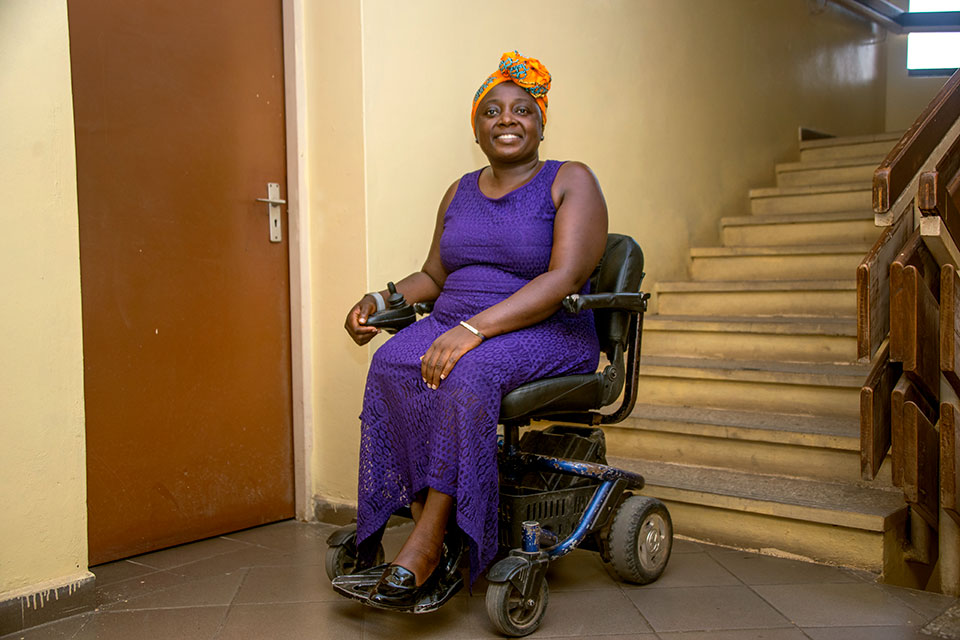
Commitments to end discrimination and eliminate all violence against women must have meaning to all those targeted by perpetrators and at risk thereof. Women and girls with disabilities rightly demand enjoyment of the full panoply of human rights to which all human beings are entitled. Work remains to be done to ensure that the links between gender and disability feature more routinely in efforts to end sexual harassment. Common approaches to disability rights, women’s rights and gender equality have yet to place centrally the lives, experiences or voices of
women and girls with disabilities.
Their call - “Nothing about us without us!” - must be heeded if our work is to make a relevant contribution to undoing structural discrimination and realising rights.
Equality for all depends on it.
This publication has been developed with the benefit of consultations with women with disabilities to place their experiential knowledge at the core of the work to end sexual harassment. It builds from the work of two previous publications: “Towards an end to sexual harassment: The urgency and nature of change in the era of #MeToo” (2018) and “What will it take? Promoting cultural change to end sexual harassment” (2019). This paper contributes to the development of intersectional approaches for addressing sexual harassment as it manifests in the lives of women with disabilities. It also offers advice and support for policy makers to address the urgency of:
(I) strengthening efforts to end discrimination against women in the promotion of the rights of persons with disabilities; and
(II) centering disability rights and community knowledge in work to end discrimination against women.
This paper contributes to these objectives, acknowledging the limited documentation of experiences of sexual harassment (or sexual violence) and disability.
Women with disabilities comprise one fifth of the world female population. Disability, gender and discrimination are interlinked in their shaping of women’s lives. Women are at increased risk of developing a disability for a number of reasons, including due to violence against women and discrimination in health care. UN Women recognizes that sexual harassment is a human rights violation of gender inequality that
intersects with all structural social inequalities, including disability. The limited available survey data shows that women with disabilities experience sexual harassment at higher rates than women without disabilities.
Full discussion paper:
Sexual harassment against women with disabilities in the world of work and on campus (2020)
Previous publications:
Towards an end to sexual harassment: The urgency and nature of change in the era of #MeToo (2018)
What will it take? Promoting cultural change to end sexual harassment (2019)
For more information, please visit: https://www.unwomen.org/en/digital-library/publications/2020/08/discussion-paper-sexual-harassment-against-women-with-disabilities
Source: UN Women
 Welcome to the United Nations
Welcome to the United Nations